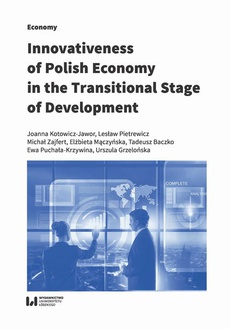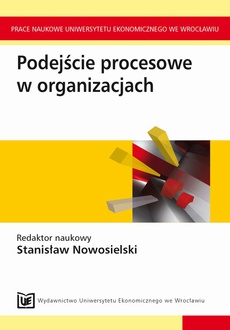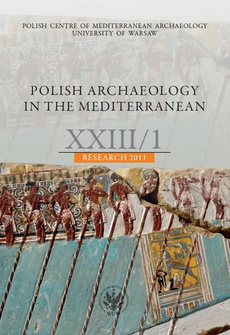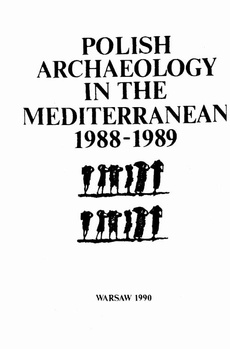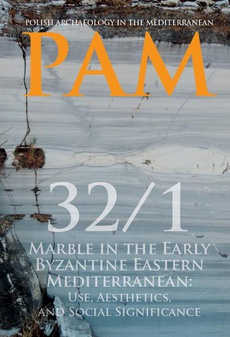POLECAMY
Innovativeness of Polish Economy in the Transitional Stage of Development
Autor:
Joanna Kotowicz-Jawor, Lesław Pietrewicz, Michał Zajfert, Elżbieta Mączyńska, Tadeusz Baczko, Ewa Puchała-Krzywina, Urszula Grzelońska
Wydawca:
Format:
ibuk
The monograph presents a comprehensive and holistic approach to the study of innovativeness of enterprises and the economy in Poland. Such an approach determines its originality against the background of previous works. An interesting intertwining of theory and practice, the argumentation of great theoreticians of the subject with cases of innovative activity in Poland is an indisputable source of knowledge not only for research but also for education and substantive, and not only technical training of managers.
Excerpted from the review of
Professor Ewa Okoń-Horodyńska
The monograph can be considered as a mature study, with significant cognitive, substantive and didactic values, which can be useful both for economic politicians, making decisions regarding economic policy, in particular innovation policy, as well as for researchers and students.
Excerpted from the review of
Professor Krystyna Poznańska
| Rok wydania | 2019 |
|---|---|
| Liczba stron | 211 |
| Kategoria | Publikacje darmowe |
| Wydawca | Wydawnictwo Uniwersytetu Łódzkiego |
| ISBN-13 | 978-83-8142-786-9 |
| Numer wydania | 1 |
| Język publikacji | angielski |
| Informacja o sprzedawcy | ePWN sp. z o.o. |
Ciekawe propozycje
Spis treści
| Introduction | 7 |
| Chapter 1. The Concept of Stages of Economic Development: The Case of Poland | 11 |
| Introduction – The Concept of Stages of Economic Development | 11 |
| 1.1. Quantitative Characteristics of Polish Development Stage | 24 |
| 1.2. Analysis of Empirical Data Obtained in the Project | 33 |
| 1.3. Analysis of Correlation | 41 |
| Chapter 2. Exogenous, Civilizational and Systemic Determinants for Innovative Development of Polish Economy | 47 |
| Introduction | 47 |
| 2.1. Secular Stagnation by Alvin H. Hansen | 51 |
| 2.2. Relevance of Secular Stagnation Theory – Threat to Investments and Innovations | 52 |
| 2.3. Casus Poland – Development and Stagnation Antinomian Drift | 55 |
| Chapter 3. Endogenous Barriers for Moving Polish Economy to the Innovation-driven Stage of Development | 61 |
| Introduction | 61 |
| 3.1. Institutional syntheses | 62 |
| 3.2. Endogenous Theoretical Syntheses | 65 |
| 3.3. Results of Empirical Analysis | 68 |
| Chapter 4. Demand Determinants of Innovative Processes in the Transitional Phase of Development | 77 |
| Introduction | 77 |
| 4.1. The Demand Side of Innovativeness – a Review of Literature | 80 |
| 4.1.1. The Demand Side of Economic Development | 80 |
| 4.1.2. The Neoclassical Theory of Consumer Choice | 82 |
| 4.1.3. Changes in Consumer Preferences | 85 |
| 4.1.4. Technological and Cultural Innovations | 89 |
| 4.2. Empirical Studies | 91 |
| 4.2.1. Hypotheses | 92 |
| 4.2.2. Results of Statistical Analysis | 95 |
| 4.2.3. Regression Models | 103 |
| 4.2.4. Conclusions and Recommendations | 107 |
| Chapter 5. Supply Factors of the Innovativeness of Polish Economy in Transitional Development Phase | 111 |
| Introduction | 111 |
| 5.1. Theoretical and Research Basis | 112 |
| 5.2. Analysis of Results | 125 |
| 5.3. The Financial Zone of Innovative Enterprises | 139 |
| 5.3.1. Research Assumptions and Methods | 139 |
| 5.3.2. Basic Data and Financial Ratios of the Surveyed Enterprises | 142 |
| 5.3.3. An Analysis of Correlation between Spending on Innovation and the Selected Economic and Financial Values | 144 |
| 5.4. The Internet and Digital Technologies in the Operation and Strategies of Enterprises | 150 |
| Chapter 6. The Role of Research Sector in the Transition towards Innovation driven Economy | 159 |
| Introduction | 159 |
| 6.1. Research Sector and Investment driven Economy | 160 |
| 6.2. Research Sector and Innovation driven Economy | 163 |
| 6.3. Polish Science and Economy in the Transitional Stage of Economic Development | 167 |
| 6.4. Business and a Research Unit – Mutual Expectations | 171 |
| 6.5. Cooperation between the Research Sector and Economy in Poland | 174 |
| Summary and Recommendations | 185 |
| References | 195 |
| List of Tables | 209 |
| List of Figures | 211 |

